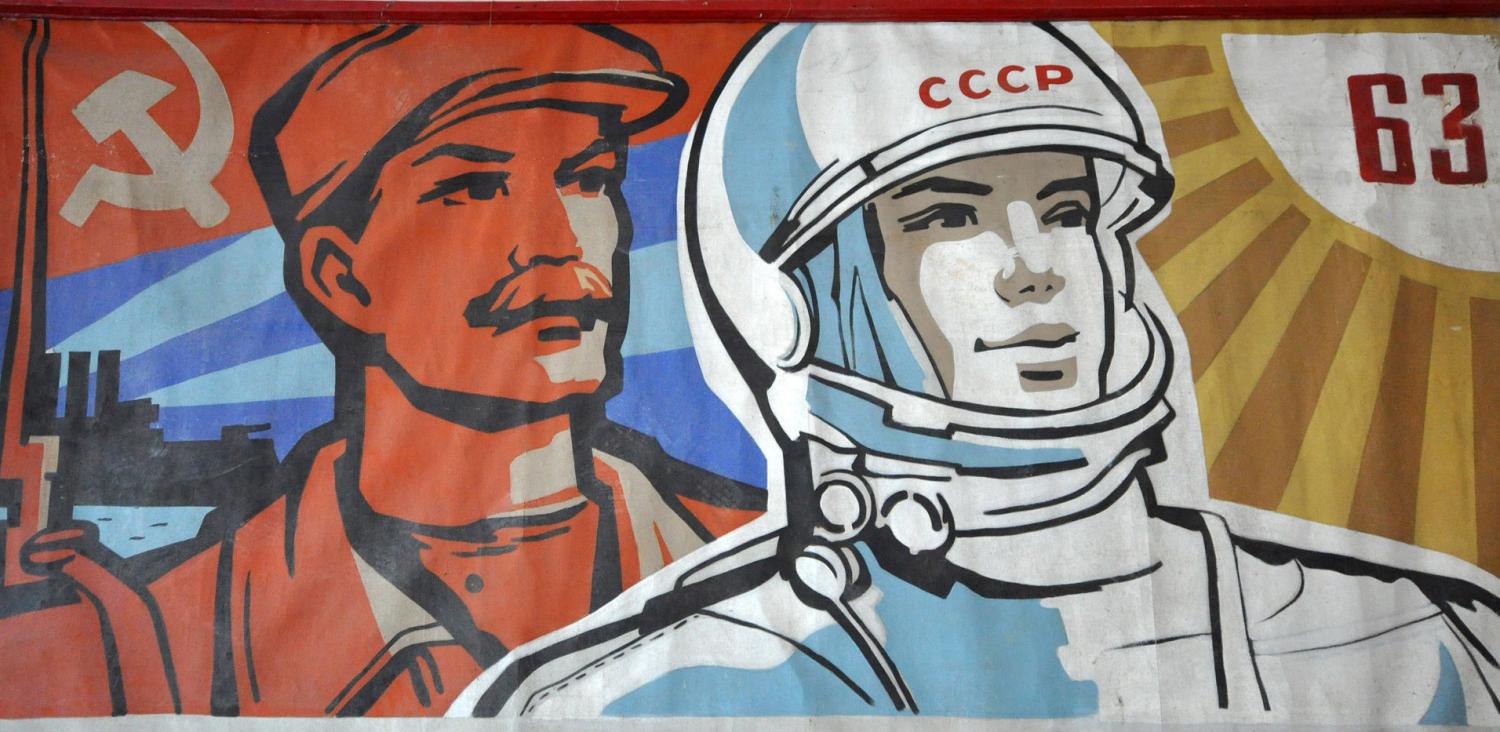The “bitter split among Australia academics” (reported in the Financial Times) with regard to attitudes towards China, and the Skripal poisoning incident that prompted an unprecedented number of European countries to take highly symbolic measures against Russia, have a common denominator.
How should Western democracies handle their relations with large, commercially important but ever more authoritarian governments in their vicinity?
To be clear, the intent here is not to compare China and Russia, countries and economies too diverse to put into the same basket. But you can, and should, compare their two present leaders.
Not since Stalin in the USSR and Mao in China have single men in Moscow and Beijing exercised such total control over their respective countries. The normally thoughtful conservative David Brooks calls Vladimir Putin “the most influential man on Earth”. This rare sobriquet mostly reserved for the man in the White House could also be affixed to Xi Jinping who, contrary to Putin, presides with no term restriction over a growing, not shrinking, population and economy.
But the perception of both countries and leaders abroad is perhaps the main point. Accelerated by Donald Trump’s self-immolation as the purported leader of the free world, we have vivid confrontations in Europe between the “Putin-Versteher” (literally, those who understand Putin), who argue for Russia’s national preservation and the commercial imperatives of undisturbed relations with Moscow, and those who see Putin as a dangerous, neo-Soviet Macho, particularly in regard to money and might for himself and his court in the Kremlin. (For details on the latter, see Mikhail Zygar’s All the Kremlin’s Men: Inside the Court of Vladimir Putin).
At least from Europe, it looks like the China debate in Australia runs basically along the same lines, culminating in the crucial question of how much you can trust the man at the top and his favourites.
Nowhere is that more apparent than in the respective treatment of Chinese nationals in Australia, and Russian nationals in Europe. Especially when they come with money to invest and buy companies (Chinese in Australia) or real estate (Russians in London).
So far, that money has been talking.
If Theresa May’s government wanted to really strike at the core in Moscow, it would begin seizing English assets of those “Kremlin men”. If Germany genuinely wanted to move against Russia, they would start with what appear to be blatant allies of Putin, such as former chancellor Gerhard Schröder. If Switzerland really perceived Russian influence as undermining democratic and legal values, it would start looking at the money flows of lightly taxed Russian residents in the country.
It appears that the Australian debate, albeit different in a nation of immigration, revolves around the same core issues. Are all Chinese entitled to the proverbial “fair go”, or is the Chinese Communist Party, with its great enabler Xi, so invested in institutions, such as the Confucius Institute, that we should see them as foreign agents?
Looking at the economic stakes, these are questions that must preoccupy not only think tanks and the media but also most other decisive actors in both Australia and Europe. Especially now when both China and Russia are becoming ever more authoritarian, guided by a “China Dream” and post-Soviet revanchism to rectify perceived historic wrongs.
What price would Europe be ready to pay in lost energy imports and missed machinery exports with regard to Russia? Could Australian resources extraction and food production do with greatly diminished Chinese capital and imports? Some defensive barriers to Chinese investment, such as first laws of restriction, or at least intense parliamentary discussions thereof, are already being put into place in both European countries and Australia.
The US, which is otherwise retreating internationally, has been very active in homeland defence. The once relatively obscure US Treasury Department Committee on Foreign Investment in the US is rapidly becoming a frontline instrument of controlling foreign, especially Chinese, investments, and might soon be fashioned to control the reverse stream too, including American technology exports.
From there it is not totally inconceivable that we shall see internationalisation of such controls, the way COCOM (Coordinating Committee) rules for exports to the USSR and Eastern Europe were in place within NATO (and friends) during the Cold War.
Photo via Flickr user Jorge Láscar.

